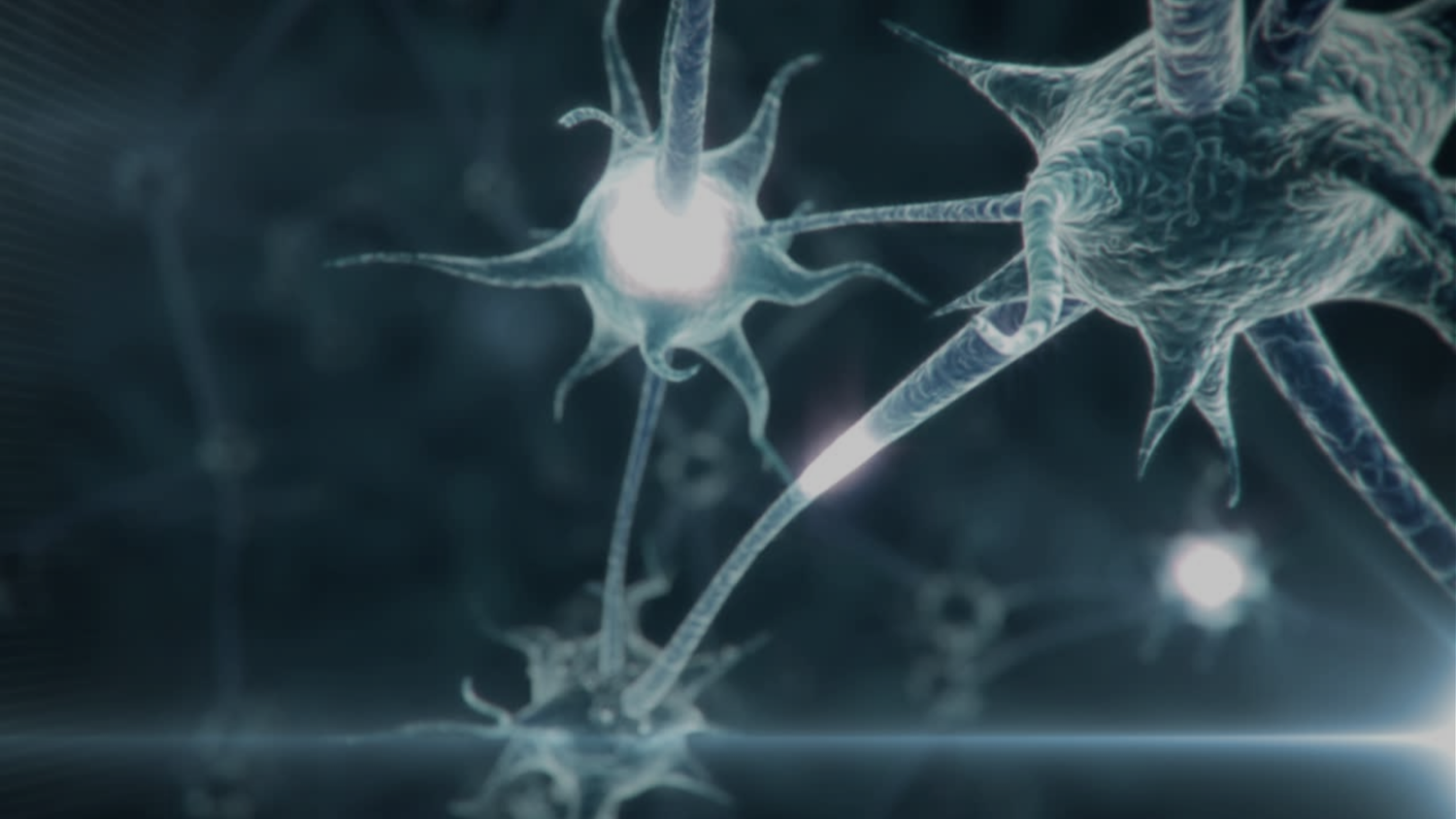Menopause is a natural phase in a woman's life that marks the end of her reproductive period. This period is characterized by the cessation of menstruation and typically occurs when a woman is between 45 and 55 years old.
Symptoms of menopause
The most common symptoms of menopause include hot flashes, night sweats, irregular periods, mood swings, sleep problems, and weight changes. These symptoms vary in intensity and duration from woman to woman.
Learn more about how you can test your own menopause here.
Causes of menopause
Menopause is caused by a natural decline in the production of the female hormones estrogen and progesterone. Aging is the primary cause, but it can also occur earlier due to surgical procedures, such as removal of the ovaries.
Treatment options and management of symptoms
Treatment for menopause symptoms can vary and include hormone replacement therapy (HRT), alternative therapies, lifestyle changes such as improved diet and regular exercise, as well as supportive therapies such as yoga and meditation.
Frequently Asked Questions about Menopause
What is menopause?
- Menopause is the period that marks the end of a woman's fertile years, during which her body gradually produces fewer reproductive hormones.
When does menopause typically begin?
- Typically, it begins between the ages of 45 and 55, but the timing can vary considerably.
What symptoms are associated with menopause?
- Symptoms include hot flashes, night sweats, and mood swings.
How can menopause symptoms be treated?
- Treatments include hormone replacement therapy, lifestyle changes, and alternative therapies.



